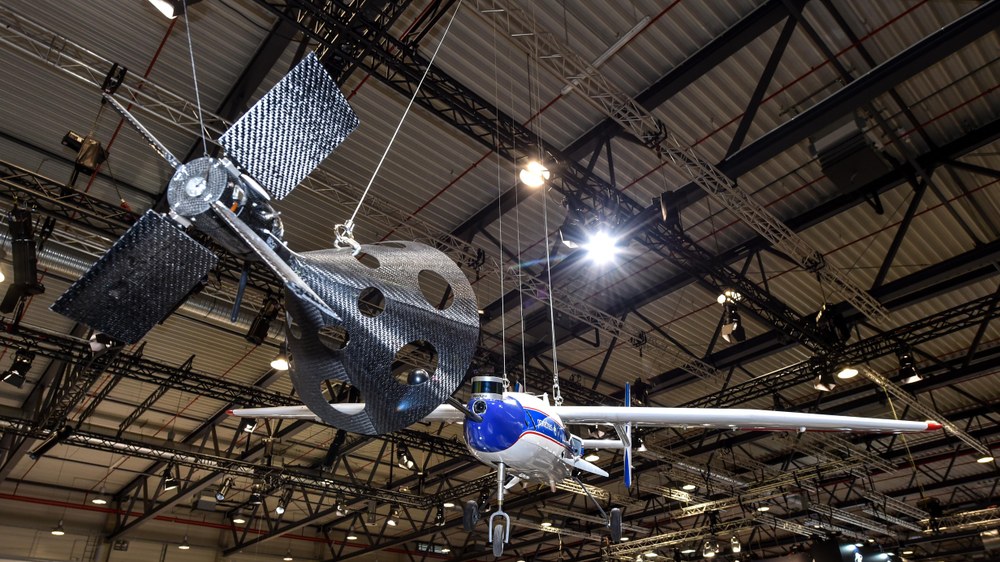Rocket recycling – catching rocket stages in the air after launch

- Focus: Space, launch system
For several years, the German Aerospace Center (Deutsches Zentrum für Luft- und Raumfahrt; DLR) has been focusing its research activities on developing concepts for making future European launch vehicles as reusable as possible. The aim is to reduce the cost of satellite launches while also improving the environmental compatibility of rockets. This work is being carried out in conjunction with numerous international partners. A key technology for this is the efficient retrieval of rocket stages after launch, so that they can later be re-used for further launches. One option for retrieving them is catching a rocket stage while it is still in the air. DLR is proposing a remarkably innovative procedure for this purpose, which will be further developed and tested together with six international partners as part of the EU's FALCon (Formation flight for in-Air Launcher 1st stage Capturing demonstration) project; this will run for a period of three years from March 2019. The aim is to develop a technical concept for a 'rocket catcher' that is as detailed as possible, and to conduct tests using small demonstrators to test autonomous in-flight capture and towing.
"In the patented in-air capture process, a winged rocket stage is automatically captured by a transport aircraft while still in flight over the sea, and then towed back to the vicinity of its landing site," explains FALCon Project Leader Martin Sippel of the DLR Institute of Space Systems in Bremen. "The stage is released there and lands independently, rather like a glider." This allows the dimensions and starting weight of reusable launch vehicles to be reduced, which, when coupled with reusability, means lower costs. This technology has already been the subject of investigation in numerous simulations and in DLR's first flight experiments with uncrewed light aircraft.
The DLR-led EU research project FALCon is being conducted in conjunction with Drone Rescue Systems, Embention, soft2tec, VKI, the Institute of Mechanical Engineering at the Bulgarian Academy of Sciences and Astos Solutions Romania as part of the EU Horizon 2020 research programme, under grant number 821953.
